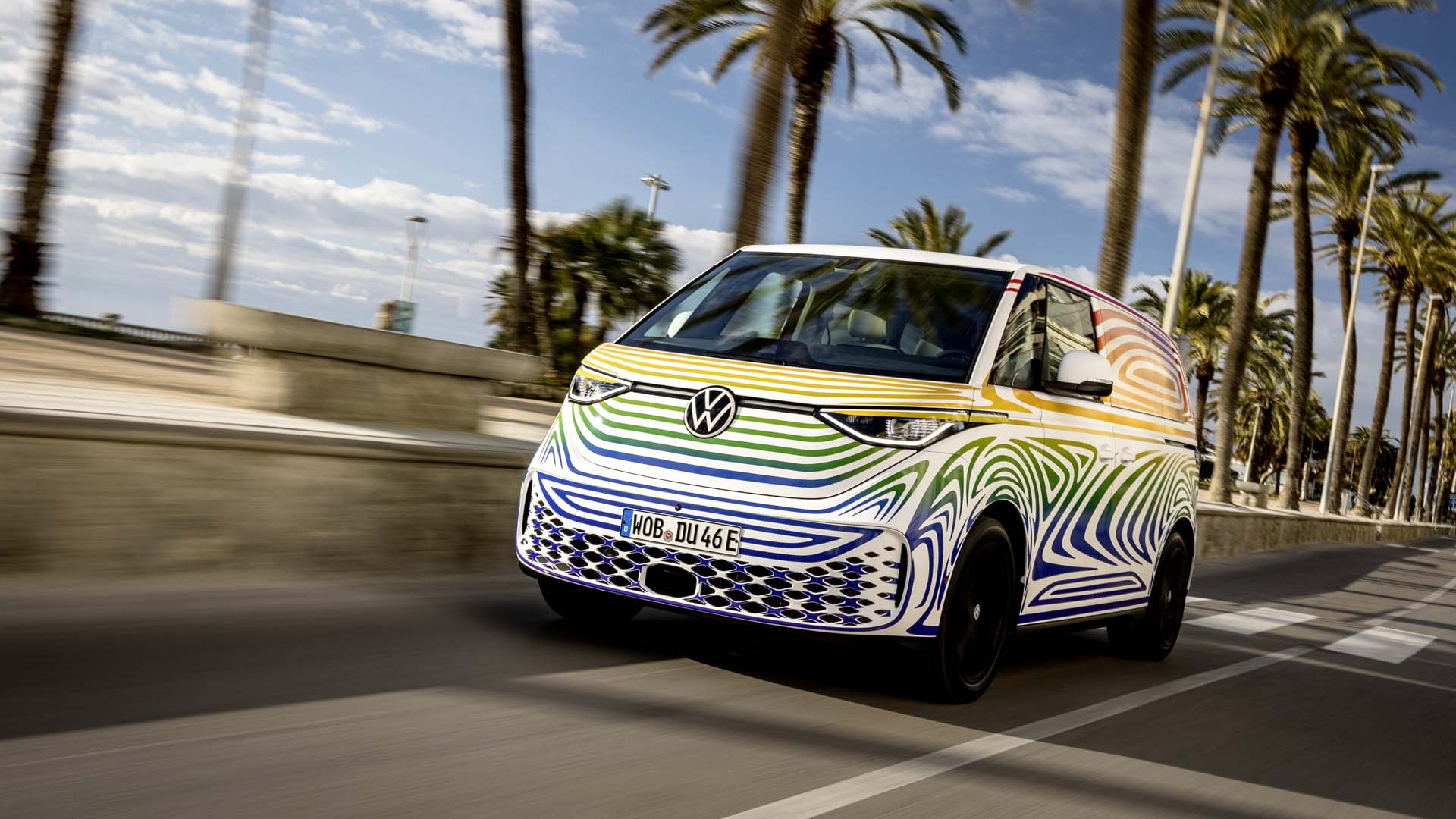With its sleek design and compact size, the 2012 Toyota Matrix has long been hailed as an ideal choice for urban dwellers seeking a small car that can effortlessly navigate crowded streets. However, one crucial aspect of this vehicle’s performance often goes unnoticed – its fuel efficiency.
An Unveiling of Disappointing Numbers
Upon closer examination, it becomes evident that the 2012 Toyota Matrix falls short in terms of gas mileage when compared to other vehicles in its class. While it may possess alluring features such as ample cargo space and comfortable seating, these advantages are overshadowed by its lackluster fuel economy.
Despite being equipped with a modest four-cylinder engine, the Matrix fails to deliver impressive numbers at the pump. With an average combined MPG rating of just 26 miles per gallon, this vehicle pales in comparison to more efficient alternatives available on today’s market.
This discrepancy is particularly noticeable when considering rival models like the Honda Fit or Ford Fiesta, which boast significantly higher fuel efficiency ratings without compromising on performance or comfort.
A Deeper Look into Potential Causes
The underwhelming gas mileage exhibited by the 2012 Toyota Matrix begs further investigation into potential factors contributing to this deficiency. One possible explanation lies within its aerodynamic design; while visually appealing, it may not be optimized for optimal airflow and reduced drag – key elements that enhance fuel efficiency.
In addition to suboptimal aerodynamics, another factor could be attributed to outdated technology employed within the engine system itself. As automotive manufacturers continue to make strides towards greener solutions and improved energy conservation practices, it appears that Toyota missed an opportunity with their approach during this particular model year.
Furthermore, the Matrix’s weight-to-power ratio may also play a role in its lackluster fuel economy. With a curb weight of over 3,000 pounds and an engine that struggles to deliver sufficient power for such mass, it is no wonder that this vehicle falls short when it comes to efficiency.
The Verdict: A Compromise Between Style and Efficiency
In conclusion, while the 2012 Toyota Matrix offers undeniable appeal with its compact size and stylish design, it fails to meet expectations in terms of fuel efficiency. Potential causes such as suboptimal aerodynamics, outdated technology within the engine system, and an unfavorable weight-to-power ratio all contribute to this underwhelming performance at the pump.
For those seeking a small car with low gas mileage as a top priority, exploring alternative options within the same class would be advisable. However, if style and comfort take precedence over fuel economy concerns, then perhaps the 2012 Toyota Matrix still holds some allure despite its inefficiencies.

